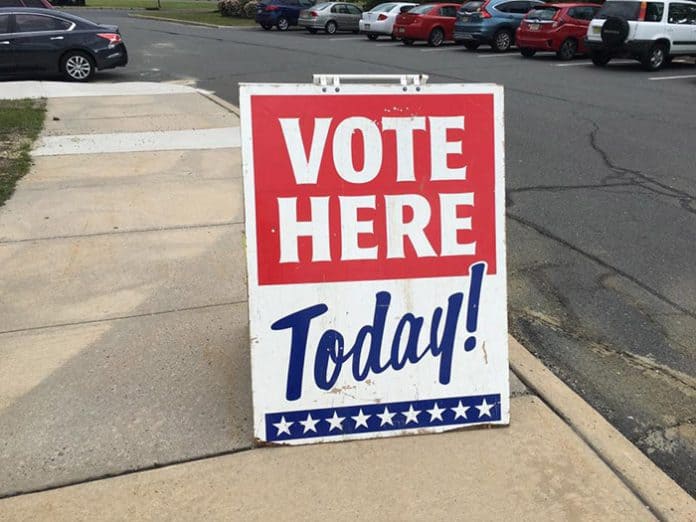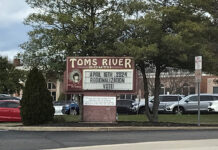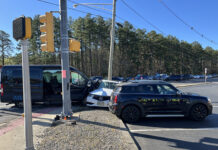
OCEAN COUNTY – After federal investigators determined that some polling locations would be difficult for people to visit if they had vision or mobility challenges, the county set forth plans to fix the remaining issues to make the sites compliant with the Americans with Disabilities Act.
The federal government surveyed more than 100 polling places in Ocean and Union counties in the years 2015 through 2019, according to the U.S. Attorney’s Office. Many of these were found to have physical barriers that might make it difficult for someone with vision or mobility impairments to vote.
After alerting Ocean County, county representatives fixed some issues or made plans to fix them, the release said.
The federal government did not state which polling places were deemed insufficient.
Jason Varano, a Supervisor of the Ocean County Board of Elections, said that Ocean County was selected by the federal government because they needed to investigate a suburban community.
“Ocean County is committed to providing barrier-free voting,” he said.
He noted that over the years, the county has not received complaints about the polling places being difficult to navigate. The only issue that came to mind was a person in a wheelchair who needed the voting machine lowered, which the staff did for them.
The county doesn’t own most of the buildings where voting takes place, and all of them were compliant with ADA at one time, he said. However, regulations change and the older buildings don’t.
For example, the location might have a sign for handicapped parking. The correct signage should read that the parking spot is van accessible. The signs also have to be a certain height. These are regulations that have changed since the signs were originally installed and are examples of what the county was cited for, Varano said.
Another example might be that there is a fire extinguisher sticking out from a wall. A person sweeping a cane across the floor might bump into it because there is nothing on the floor for the cane to hit, he said. In those situations, a cone has to be put beneath any object that is sticking out from the wall.
ADA issues are part of poll workers’ training, he said, but now they will be trained further to identify potential issues.
Union County was also included in the federal press release, which stated that officials from both counties are voluntarily working with the U.S. government to remedy the situation. A solution was found in a memorandum of agreement, and no charges are being filed.
Some of the solutions include:
- Portable ramps (including curb ramps).
- Portable wedges or wedge ramps.
- Floor mats.
- Traffic cones.
- Relocating furniture or other movable barriers.
- Door stops.
- Propping open doors.
- Unlocking doors.
- Signage, including parking signage.
- Portable buzzers or doorbells.
- Removing astragals (doorposts) that are not a permanent part of the structure from doorways.
- Training poll workers on ADA and how to ensure each polling place is accessible.
- The county will survey current polling places for accessibility, and choose future polling places with accessibility in mind.
“The right of every voter with a disability to vote in person at his or her local polling place is an integral part of our democratic system of government that must be not be diminished or restricted by barriers to access,” U.S. Attorney Craig Carpenito said in the release. “These agreements protect this fundamental right by ensuring voting access to polling places to individuals with mobility disabilities.”
The Department of Justice will monitor the county boards’ compliance with the agreements and provide the counties with technical assistance.
Anyone who feels they have been discriminated against is encouraged to contact the U.S. Attorney’s Office’s Civil Rights Complaint Hotline at (855) 281-3339. For more information, visit ada.gov, or call the Department of Justice’s toll-free information line at (800) 514-0301 and (800) 514-0383 (TDD).





